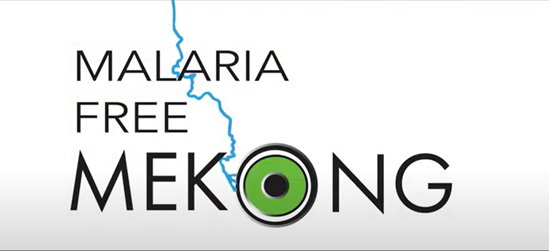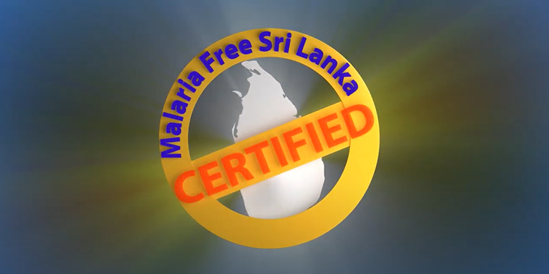
Malaria in South-East Asia
Malaria is a serious and persistent threat to public health in many parts of Asia. The South-East Asia Region is the Region with the second highest estimated malaria burden globally. In the South-East Asia Region, WHO’s response to malaria is led by experts grouped in the Malaria Unit based in WHO’s South-East Asia Regional Office in New Delhi, India, with specialists deployed across the Region’s 11 Member States, amounting to a workforce of about 20 malariologists, entomologists, public health specialists and health scientists.
As part of the Department for Communicable Diseases, the Malaria Unit collaborates with other departments or units at all levels of WHO (headquarters, Region and Country Offices) and other experts to formulate regional recommendations and to adapt the Global Technical Strategy for Malaria 2016–2030 and other evidence-based policies and strategies recommended by the WHO Global Malaria Programme to the needs of Member States of the South-East Asia Region. It maintains linkages with partner agencies and institutions, particularly those designated as WHO Collaborating Centres to support its work, including training and research. It provides technical guidance to, and cooperates with, Member States for prevention and control of malaria with the ultimate goal of eliminating malaria in South-East Asia. It supports the implementation of the WHO bi-regional Mekong Malaria Elimination Programme, with its regional hub based in Cambodia, to address malaria multi-drug resistance, including resistance to artemisinin-based combination therapies, in the Greater Mekong Subregion (Regional hub for the Greater Mekong Subregion).
Technical links










